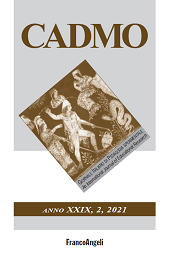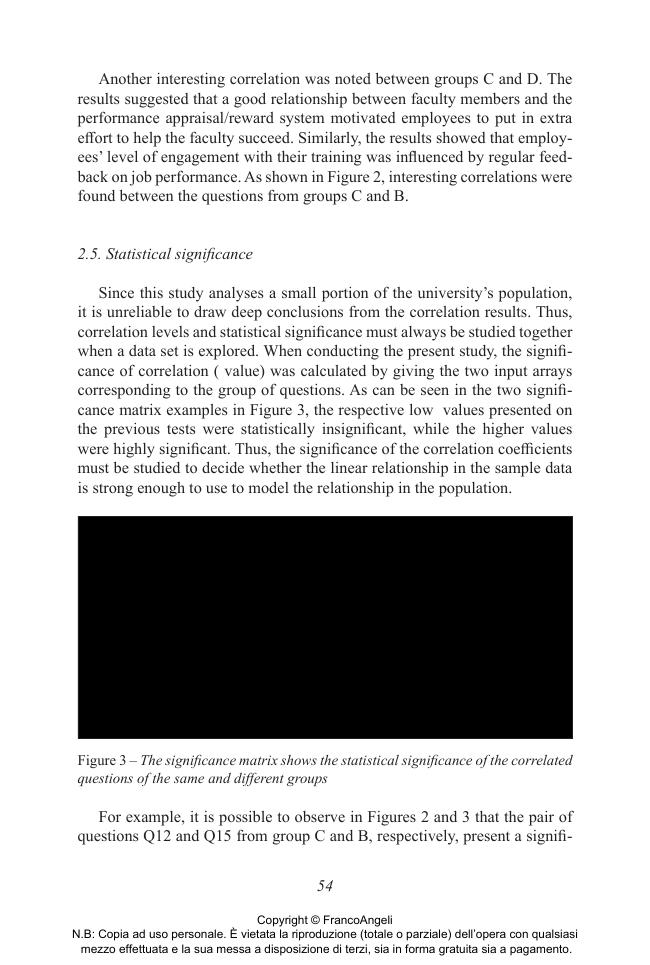Latent trait analysis for teacher career development and capacity improvement in higher education institutions
P. 46-62
This study shows the influence of human resource management practices on the academic and non-academic staff and its impact on the higher education institution's goals. A questionnaire based on the Cranet survey was used to gather data from 240 employees (academic and non-academic staff) from a public higher education institution. A phi-k correlation algorithm was used to verify the underlying correlation coefficients, statistical significance, and outliers within multiple data types. This algorithm allows a more personalized, understandable approach to reveal the human resource management practices that significantly impact the teacher career development and capacity improvement.
In addition, the use of background variables to identify the groups of respondents allows the algorithm to discern the multidimensional data for a more personalized human resource management approach. Human resource management practices involving training development and staff were correlated to the institution's goals. The phi-k correlation proved to be a suitable tool to shape structural models and latent trait analysis between multiple data types, which can overcome the drawbacks of Pearson and Cramer correlations when processing non-linear data. The presented research contributes to the literature by using the phi-k algorithm to process multiple data types. The proposed study with the phi-k algorithm is the first time applied to higher education institutions. [Publisher's text]
-
Artikel aus derselben Ausgabe (einzeln erhältlich)
-
Informationen
ISSN: 1972-5019
KEYWORDS
- Human resource management practices, multiple data type, Phi-k algorithm, correlation coefficients, higher education institutions



